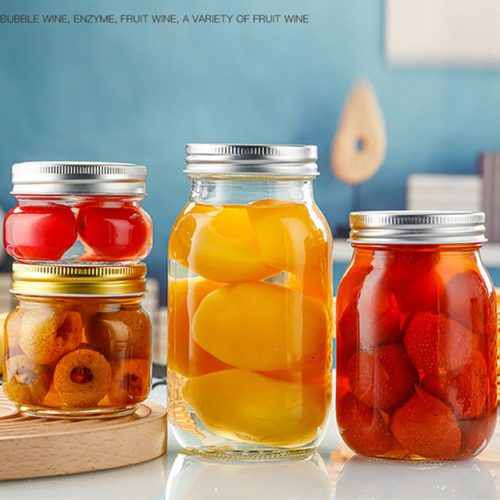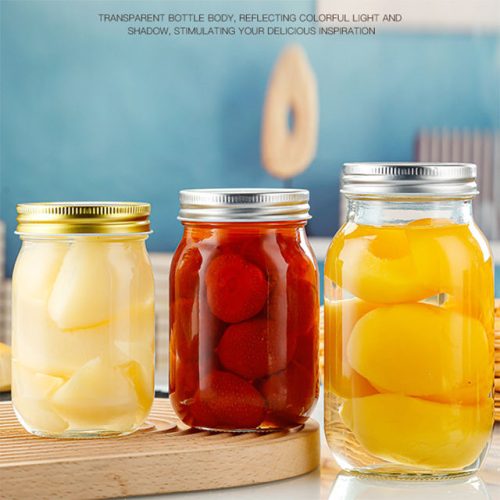When it comes to choosing the best material for food storage, glass is often considered a top contender due to its many advantages. However, not all glass is created equal. In this article, we will explore the differences between borosilicate glass and regular glass to help you decide which is better for food storage.
1. Thermal Resistance
One of the most significant distinctions between borosilicate glass and regular glass is their thermal resistance. Borosilicate glass can withstand a wider range of temperatures without breaking, making it ideal for various cooking and food storage needs. You can take a borosilicate glass container from the freezer to the oven without worrying about thermal shock, while regular glass might not handle extreme temperature changes as effectively.
2. Durability
Borosilicate glass is known for its durability and resistance to breakage. This robustness means it is less likely to chip, crack, or shatter, making it a safer option for food storage. In contrast, regular glass containers are more prone to breakage, especially when exposed to rapid temperature variations.
3. Chemical Composition
Borosilicate glass contains boron oxide, which gives it its unique properties. Regular glass, on the other hand, lacks this component. Borosilicate glass is non-porous and doesn’t react with acidic or oily foods, ensuring that it won’t absorb odors, flavors, or stains. Regular glass, due to its composition, may be more susceptible to staining and odors over time.
4. Safety
Borosilicate glass is considered a safer option for food storage due to its resistance to chemicals and toxins. It does not leach harmful substances like BPA or phthalates into your food. This feature makes it a reliable choice for families and health-conscious individuals.
5. Versatility
Both borosilicate glass and regular glass containers come in a variety of shapes and sizes, suitable for various food storage needs. However, borosilicate glass’s thermal resistance makes it more versatile for cooking, baking, and reheating, giving it an edge over regular glass containers.
6. Eco-Friendly and Sustainable
Both types of glass are eco-friendly as they are recyclable and do not contribute to plastic waste. However, borosilicate glass’s durability and resistance to breakage make it a more sustainable choice, as it reduces the need for replacements over time.
In conclusion, when it comes to food storage, borosilicate glass stands out as the superior choice. Its thermal resistance, durability, safety, and versatility make it an excellent option for preserving and preparing your meals. While regular glass may be suitable for some applications, the unique properties of borosilicate glass make it the top contender for those looking for the best in food storage and kitchenware.


